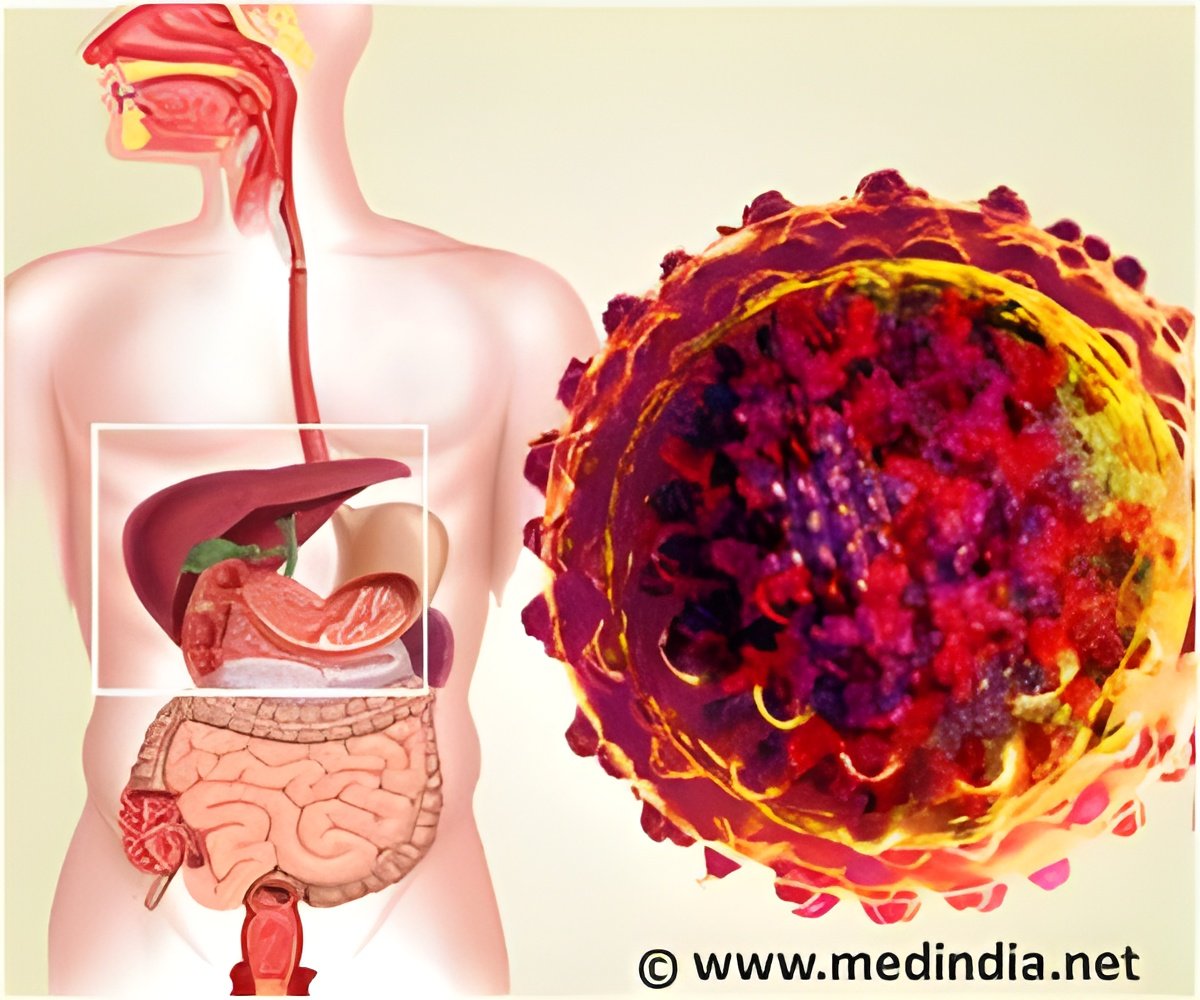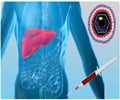Urging the governments across the world to step up their battle against hepatitis, leading experts said that the cancer-causing disease can be beaten.

Despite killing close to 1.4 million people every year -- with Asia the hardest-hit region -- hepatitis has long failed to grab the spotlight.
Ninety percent of deaths are from hepatitis B and C, responsible for two-thirds of the global liver cancer toll.
"It's a no-brainer. The best way to prevent liver cancer or people dying from liver cirrhosis is to prevent and treat viral hepatitis," said Samuel So, a liver surgeon and professor at Stanford University in California.
"If you do that, you'll save a lot of lives and a lot of healthcare costs," he told reporters in Geneva.
Hepatitis B and C are transmitted from infected mothers to newborn babies, by unsafe injections during medical procedures and drug use, or unsafe sex.
Advertisement
Testing is crucial, given that of the estimated 500 million people with viral hepatitis, many are unaware of their infection.
Advertisement
Hepatitis C, notably, is undergoing a "therapeutic revolution", Wiktor said, with new medicines offering a cure rate of 95 percent.
"That totally changes the dynamic about how we should approach this," he added.
Hepatitis kills almost as many people a year as HIV/AIDS, and therefore needs a similar degree of international traction, said So.
People affected by HIV are also particularly vulnerable to hepatitis, with up to 10 million worldwide estimated to be infected with both.
Advances in HIV treatment have prolonged the lives of people with that virus, meaning they have more time to develop hepatitis-related liver cancer, but hepatitis treatment still lags behind.
"The structure we created for HIV treatment is ideal for hepatitis treatment. It's time that we didn't put these diseases into silos," So said.
Source-AFP














